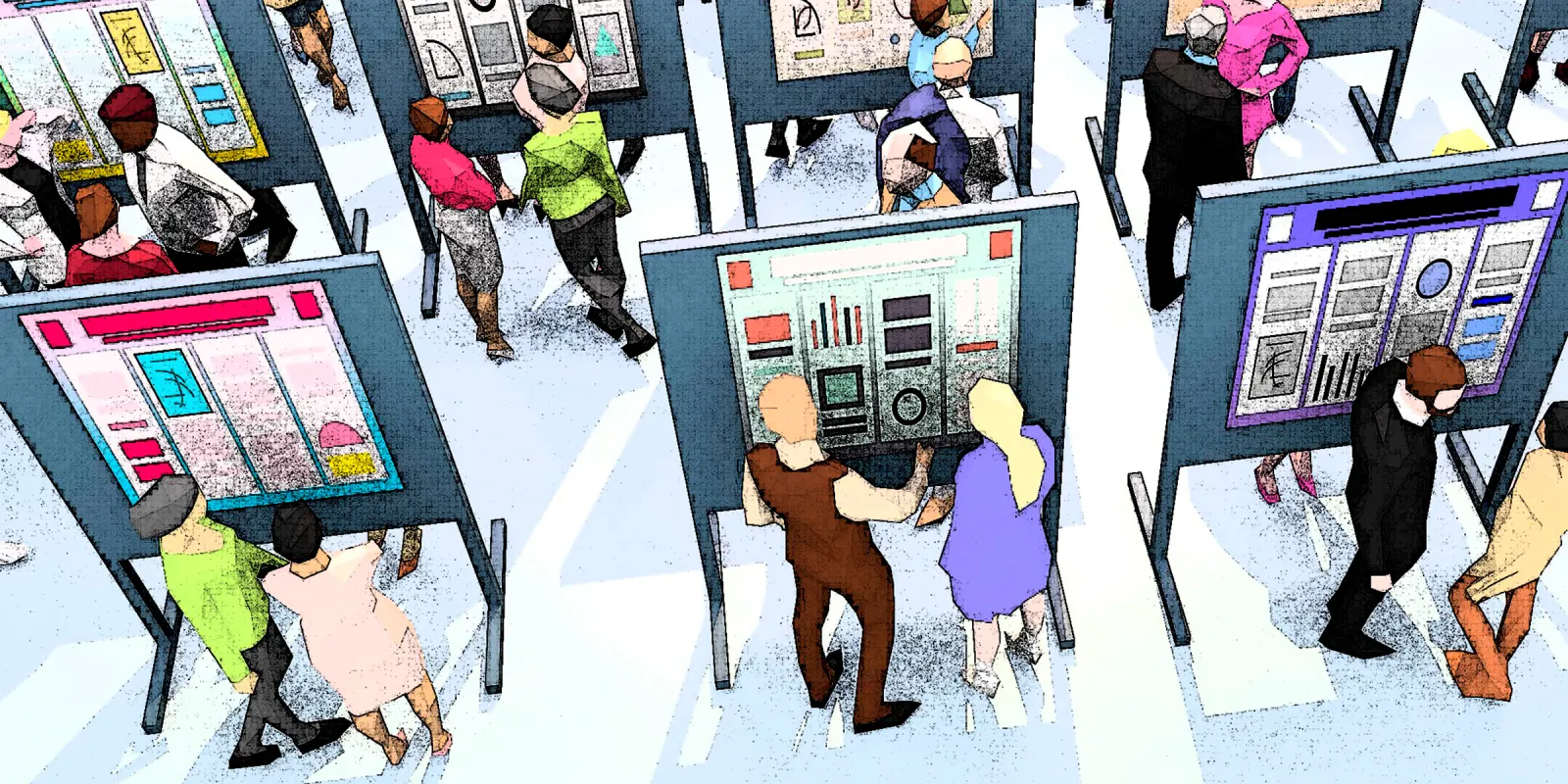This was a record year for the 25th Annual Meeting of the ASBrS with the most attendees (over 1,500), the most submitted abstracts (386), and one of the highest memberships to date (3,717). Selection of abstracts to be presented as oral presentations in the Scientific Sessions was very rigorous with only 14 in the final program being chosen, less than 4% of the entire pool. Of these 14 presentations, the audience ranks each presentation and selects one for the annual Scientific Impact Award. In 2023, this award went to the MD Anderson group for their work in non-operative management of HER2+ breast cancer, and in 2022 the award went to the Memorial Sloan Kettering Cancer Center group for a study on the necessity of nodal clipping for patients receiving neoadjuvant chemotherapy. This year, the study that received this prestigious award from the membership was a multicenter study delivered by Dr. Richard Fine titled, “Cryoablation Without Excision for Early-Stage Breast Cancer; ICE3 Trial 5 year follow up on Ipsilateral Breast Tumor Recurrence.”
The results of the ICE3 trial have been long anticipated as we await to see how best to consider cryoablation as a safe alternative to surgery for early breast cancer. In the trial, 194 patients with grade 1-2 invasive ductal cancer that was ER+PR+Her2- and clinically lymph node negative were enrolled and followed for 5 years. The local recurrence rate within the treated breast by 5 years was only 3.6%. These results are actually better to those of similar patients treated in the CALGB 9343 study or PRIME II study of surgery without radiation. Moreover, adverse events were all minor and patients and physicians reported 100% satisfaction of cosmetic results at 5 years. The caveat of course was that patients were highly selected, the study was single-arm, and the trial was industry sponsored.
Dr. Michael Berry, ASBrS President-Elect, subsequently delivered a talk titled, “Cryoablation: Is It Ready For Primetime'' that captured the cautious optimism permeating the conference. Utilizing the “Berry Test for Primetimeness,” Dr. Berry affirmed the technique’s scientific validity, effectiveness, and growing acceptance within the medical community. His recommended criteria for patient selection aligned with the characteristics of participants enrolled in ICE3, namely older patients (age 70+) with small Luminal A tumors (size≤1.5cm) that are clinically node negative (cN0). More importantly, as we await FDA approval for the breast cancer indication of cryoablation, he reminded us of the ASBrS Statement advising us that cryoablation for breast cancer be performed either under clinical trial or registry for now.
Looking forward, it appears increasingly plausible that we may be on the brink of a paradigm shift in early breast cancer management. The ASBrS membership selection of the ICE3 study as having the most scientific impact suggests that we are getting closer to adopting this newer, patient centric, cost-effective approach to treating early breast cancer. At UCLA, we now have a Registry for patients who meet the ICE3 criteria for cryoablation and choose this option. We anticipate delving deeper into the science of cryoablation across various contexts to uncover additional applications of this innovative technology in our research pursuits.
Dr. Kapoor reports no conflicts of interest.
Illustration by Jennifer Bogartz






